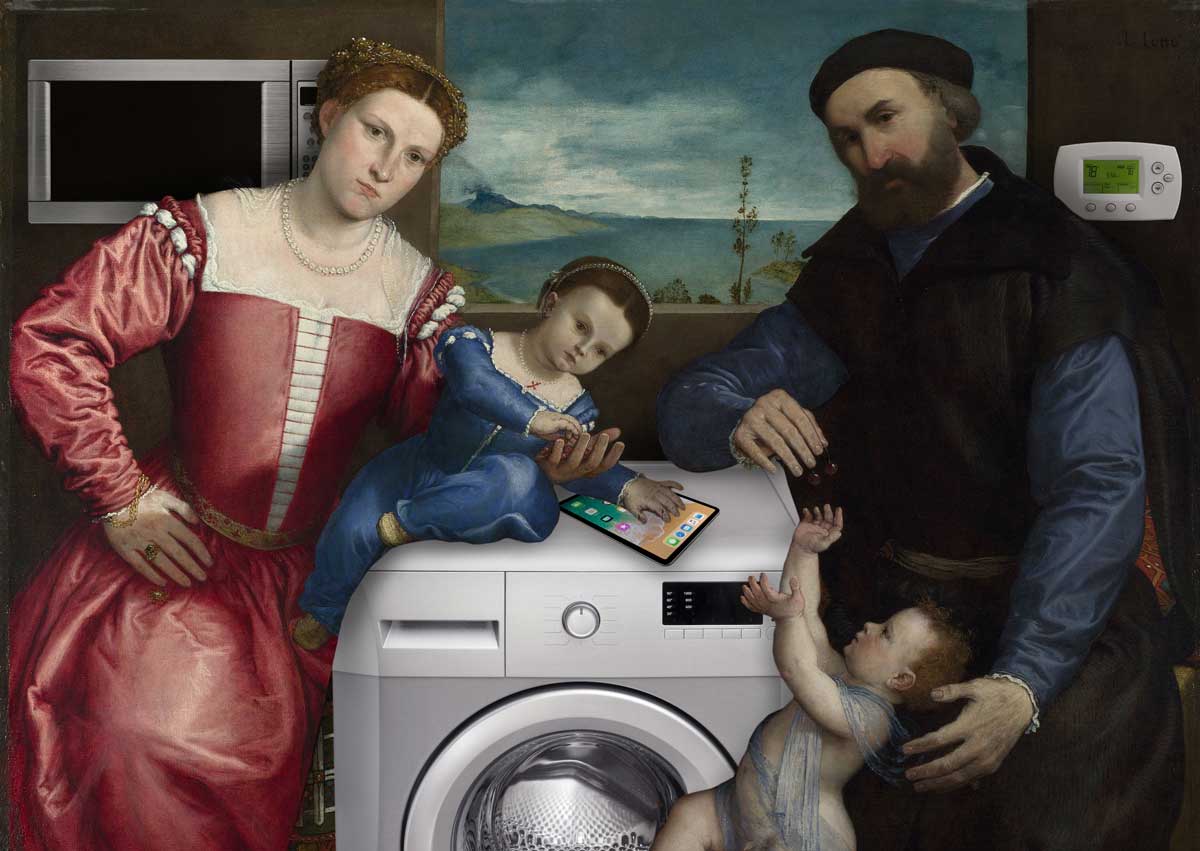Smart home security tips for personal and cyber protection
Smart home technology is more popular than ever. The U.S. smart home market is expected to be worth nearly $50 billion by 2026, according to Mordor Intelligence. Smart light bulbs, assistants, and thermostats can make life more convenient and save on energy bills, although the upfront costs can be more than quadruple their non-web-connected counterparts. Installing and maintaining smart security systems can also save consumers money by cutting up to 13% from homeowners insurance premiums, according to NerdWallet.
Smart home security systems are designed to be easy to set up right out of the box, even if you're not a tech expert.
"There are many companies, many products, and it really has been a race to make them very easy for the average consumer to pick them up, go home, plug them in, and have them connected," says Jason Hiner, editor-in-chief of ZDNet.
But there are a few important security tips to keep in mind:
Create strong passwords
Change any default device passwords, and make sure email or commerce accounts that control the devices are strong, too.
"A lot of times the password to log into the router will be like admin and password 123 or something very simple," says Hiner. "You want to make sure you change that. That's super important otherwise somebody could quite easily hack into your system potentially."
A 12-16 character password is best. Use a phrase or scramble significant dates, such as a pet's birthday, by putting the month, date, and year in an unusual order.
Keep your home Wi-Fi secure
Keep your smart devices on the main house account, and don't let visitors on it. Many Wi-Fi routers allow for the creation of a guest account, with a separate username and password to connect to the internet. When visitors connect to your main Wi-Fi, they carry your network information with them on their devices potentially compromising the safety of your network.
"If they go to an internet cafe, every one of your friends, family, and neighbors that you connect to your Wi-Fi then is potentially broadcasting your security, your very sensitive sensitive security information, everywhere they go," says Hiner.
Be mindful of the WiFi-enabled devices connected to the internet
Many new household appliances, from faucets to InstantPots and microwaves, are Wi-Fi-enabled. But Hiner says just because something can connect to the internet, doesn't mean you should do it, especially if you're unlikely to control it through a connected app.
"If you're not gonna actually use it in any way, or it's not going to be helpful in any way, don't connect it — because everything that's connected is potentially something that could be attacked," Hiner says. "If it has a vulnerability or it has a default password that you're not even aware of, then that can become a way for someone to attack your network and potentially compromise everything else."



